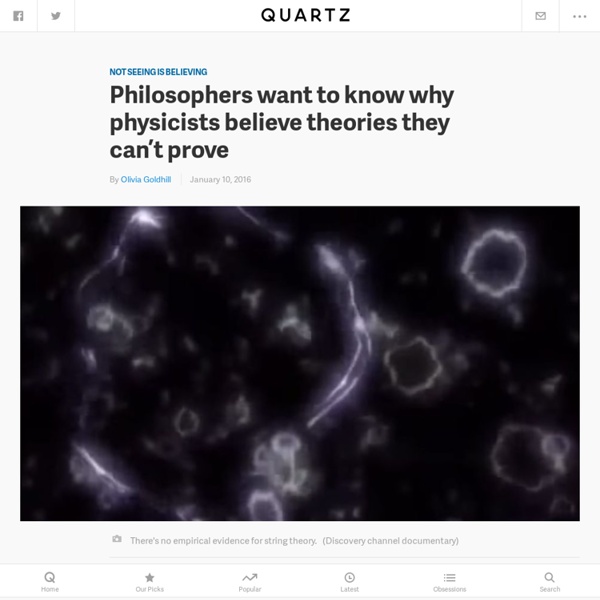Dominion Theology
Dominion Theology is a theocratic ideology that seeks to implement a nation governed by conservative Christians ruling over the rest of society based on their understanding of biblical law. Dominion Theology is related to theonomy, though it does not necessarily advocate Mosaic law as the basis of government. Prominent adherents of Dominion Theology are otherwise theologically diverse, including the Calvinist Christian Reconstructionism and the charismatic/Pentecostal Kingdom Now theology and New Apostolic Reformation. The term Dominion Theology is applied primarily among non-mainstream Protestants in the United States. Etymology[edit] And God blessed [ Adam and Eve ], and God said unto them, "Be fruitful, and multiply, and replenish the earth, and subdue it: and have dominion over the fish of the sea, and over the fowl of the air, and over every living thing that moveth upon the earth." History[edit] Christian Reconstructionism[edit] Michael J. Kingdom Now theology[edit] See also[edit] Notes
Pizza effect - Wikipedia
The pizza effect is a term used especially in religious studies and sociology for the phenomenon of elements of a nation or people's culture being transformed or at least more fully embraced elsewhere, then re-imported back to their culture of origin,[1] or the way in which a community's self-understanding is influenced by (or imposed by, or imported from) foreign sources.[2] It is named after the idea that modern pizza toppings were developed among Italian immigrants in the United States (rather than in native Italy, where in its simpler form it was originally looked down upon), and was later exported back to Italy to be interpreted as a delicacy in Italian cuisine.[3] Related phrases include "hermeneutical feedback loop", "re-enculturation", and "self-orientalization". The term "pizza effect" was coined by the Hindu monk and professor of Anthropology at Syracuse University, Agehananda Bharati[2][4][3] in 1970.[5] Other examples[edit] Criticism[edit] Variants[edit] See also[edit]
The Remarkable Trial of the Queen of Quavers, and Her Associates, for Sorcery, Witchcraft-And Enchantment: Joseph Democritus: 9781275760271: Amazon.com: Books
One of the greater areas of shift and change has to do with individuals and groups beginning to grasp that they need no "middle man" to speak to Creator God/Goddess : C_S_T
Kerr: The Seven Absolutes of Infinity
The Sevenfold Self-Relationship of the I AM Unity, Duality, Triunity Triunities The Seven Revealed Triunities The Unrevealed Triunities The Triodities of Actuality and Potentiality Previous | Next | Return to TOC The Sevenfold Self-Relationship of the I AM Prior to the divergence of all energy and spirit, the I AM, as the original monothetic Creator and the First Source and Center, is the most primal of all Deity reality. Upon the divergence of spirit and matter from the Father-I AM, there is brought about a divinity-tension creating an infinity differential. The eternity potentials of Deity expression that reside in the Deity (Qualified) Absolute find absolute actuality in the person of the Eternal Son, the source and center of all spirit reality. Diverse Operations of the Absolutes [104:3.4 (1146.6)] Differentials Variables Modifiers Attenuators Qualifiers Diminishers The First Source and Center, who is Father to the Eternal Son, is also Pattern to the Paradise Isle. 1. "I AM as I AM."
Apostles' Creed - Wikipedia
The Apostles' Creed (Latin: Symbolum Apostolorum or Symbolum Apostolicum), sometimes entitled Symbol of the Apostles, is an early statement of Christian belief—a creed or "symbol".[a] It is widely used by a number of Christian denominations for both liturgical and catechetical purposes, most visibly by liturgical Churches of Western tradition, including the Roman Catholic Church, Lutheranism and Anglicanism. It is also used by Presbyterians, Methodists and Congregationalists. The first mention of the expression "Apostles’ Creed" occurs in a letter of 390 AD from a synod in Milan and may have been associated with the belief, widely accepted in the 4th century, that, under the inspiration of the Holy Spirit, each of the Twelve Apostles contributed an article of a creed.[2][3] Origin[edit] This illumination from a 13th-century manuscript shows the apostles writing the Creed, receiving inspiration from the Holy Spirit. Musical settings[edit] Text in Latin[edit] Text in Greek[edit] 1. 2. 3a. 3b.
Heresiology - Wikipedia
In theology or the history of religion, heresiology is the study of heresy, and heresiographies are writings about the topic. Heresiographical works were common in both medieval Christianity and Islam. Heresiology developed as a part of the emerging orthodoxy in the Christian state church of the Roman Empire. Church scholars studied and documented the teachings of various Christian sects in order to clearly distinguish between those they accepted as orthodox and those they rejected as heretical.[1] Other Christian communions developed their own competing heresiological traditions as well. In Islam, heresiology surveyed both the various Muslim sects, and also other religions such as Christianity and Judaism. See also[edit] Doxography: similar outlines of philosophies References[edit] Bibliography[edit] Todd S.
Transcendence - Wikipedia
Transcendence, transcendent or transcendental may refer to: Religion[edit] Mathematics[edit] Transcendental number, a number that is not the root of any polynomial with rational coefficientsTranscendental element, an element of a field extension that is not the root of any polynomial with coefficients from the base fieldTranscendental function, a function which does not satisfy a polynomial equation whose coefficients are themselves polynomialsTranscendental number theory, the branch of mathematics dealing with transcendental numbers and algebraic independence Philosophy[edit] Media[edit] Books[edit] Classical music[edit] Films[edit] Popular music[edit] Television[edit] Video games[edit] Other[edit] Transcendental Aircraft Corporation, founded in 1945 to research tiltrotor aircraftSelf-Transcendence 3100 Mile Race, the longest foot race in the worldTranscendental whistling, a Daoist technique of long-drawn whistling that functioned as a yogic breath exercise See also[edit]



